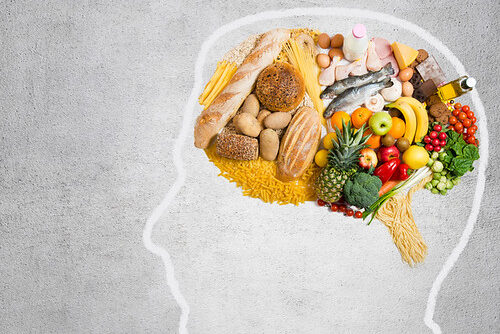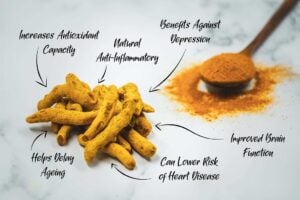As the U.S. population ages and dementia cases rise, many people are asking whether it is possible to prevent this devastating disease. According to a new study, the answer may be on your plate: People who followed a dietary pattern known as the MIND diet were significantly less likely to develop Alzheimer’s disease or related forms of dementia.

(Credit: Dr. Unhee Lim, University of Hawaii at Manoa)
Stronger and More Consistent Risk Reduction
The MIND diet, which stands for Mediterranean-DASH Intervention for Neurodegenerative Delay, combines the Mediterranean diet with the blood pressure-lowering DASH (Dietary Approaches to Stop Hypertension) diet and also emphasizes proven brain-healthy foods like leafy green vegetables, berries, nuts and olive oil.
According to the study, the MIND diet had a stronger and more consistent risk reduction relationship with dementia than other healthy diets, although the relationship varied among five racial groups. Those who improved their adherence to the diet the most over time showed the greatest pattern of risk reduction. This beneficial relationship was seen similarly among younger and older groups, suggesting that there are benefits to adopting the diet at any age.

Never Too Late to Prevent Dementia
“Our study findings confirm that healthy dietary patterns in mid to late life and their improvement over time may prevent Alzheimer’s and related dementias,” said Song-Yi Park, PhD, associate professor at the University of Hawaii at Manoa. “This suggests that it is never too late to adopt a healthy diet to prevent dementia.”
Park will present the findings at NUTRITION 2025, the flagship annual meeting of the American Society for Nutrition held May 31–June 3 in Orlando, Florida.
93,000 Adults Analyzed
Park and colleagues analyzed data from nearly 93,000 U.S. adults who provided information about their diet as part of a research cohort known as the Multiethnic Cohort Study starting in the 1990s. Participants were between 45-75 years old at baseline and over 21,000 developed Alzheimer’s or related dementias in the years that followed.
Overall, participants who scored higher for MIND adherence at baseline had a 9%
lower risk of dementia, with an even greater reduction—around 13%—among those who identified as African American, Latino or White. Baseline MIND diet adherence was not associated with a significant risk reduction among Native Hawaiian or Asian American participants.
Protective Relationship Between Healthy Diet and Dementia
“We found that the protective relationship between a healthy diet and dementia was more pronounced among African Americans, Latinos and Whites, while it was not as apparent among Asian Americans and showed a weaker trend in Native Hawaiians,” said Park. “A tailored approach may be needed when evaluating different subpopulations’ diet quality.”
The results also showed that people who improved their adherence to MIND over 10 years (including those who didn’t follow the diet closely at first) had a 25% lower risk of dementia compared to those whose adherence declined. This trend was consistent across different ages and racial groups.
Researchers said that differences in dietary patterns and preferences among racial and ethnic groups could play a role in the variation they observed in the dementia-diet relationship. Since Asian Americans also experience lower rates of dementia than other groups, it is possible that the MIND diet may not reflect the advantages of diets that are more common among this population. Park said that further studies could help to clarify these patterns and added that interventional studies would be needed to verify cause and effect since the study was based on observational data.











